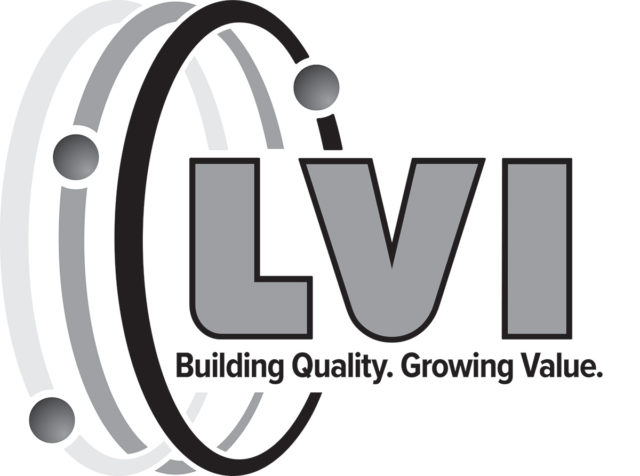According to a new study published in Practical Neurology, countries in which people drink the most milk, per capita, also win the most Nobel Prizes, per capita. For example, Swedish citizens have won 31.855 prizes for every 10 million people. They also consume about 350 kilograms of milk each, on average, over the course of a year. At the other end of the spectrum is China, a country that has won 0.060 Nobels per 10 million people and where the average person drinks less than 50 kilograms of milk per year.
The U.S. falls close to the middle, with a Nobel-winning rate of 10.731 per 10 million citizens and milk consumption of about 250 kilograms per person per year.Sarah Linthwaite and Geraint N. Fuller of the Gloucester Royal Hospital in the United Kingdom decided to look for an association between milk and Nobel Prizes after reading this report in the New England Journal of Medicine last year that linked consumption of chocolate with Nobel-winning prowess.
That got them to thinking: “Chocolate is not usually consumed on its own, often being combined with milk either as a drink or as milk chocolate,” Linthwaite and Fuller wrote.
They set out to find a similar relationship between milk and the Nobels, using data from the New England Journal article and from the Food and Agriculture Organization of the United Nations.
It turns out that of the two food items, chocolate is more closely aligned with Nobel winning.
A statistical measure that conveys the degree of relatedness of two things using a scale that goes from -1 to 1 (with a value of 1 representing a perfect correlation) pegged the chocolate-Nobel link at 0.625, while the milk-Nobel relationship scored a slightly lower 0.573.
The study authors couldn’t help speculating about a mechanism that might explain why drinking milk would make someone more likely to win a Nobel Prize. Perhaps the vitamin D in milk improves cognitive function, they wrote. (The author of the chocolate study, from Columbia University in New York, suggested that flavonoids in chocolate might boost brain power.)
Click here to view the study in Practical Neurology. PD
—From the Los Angeles Times (Click here to read the full article.)



